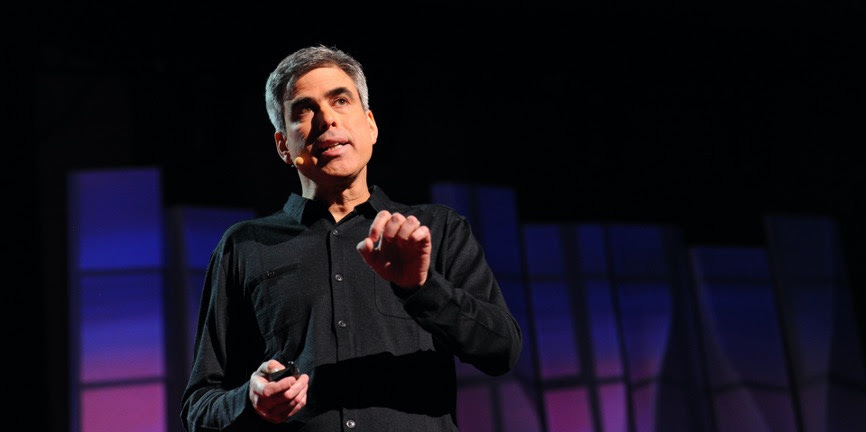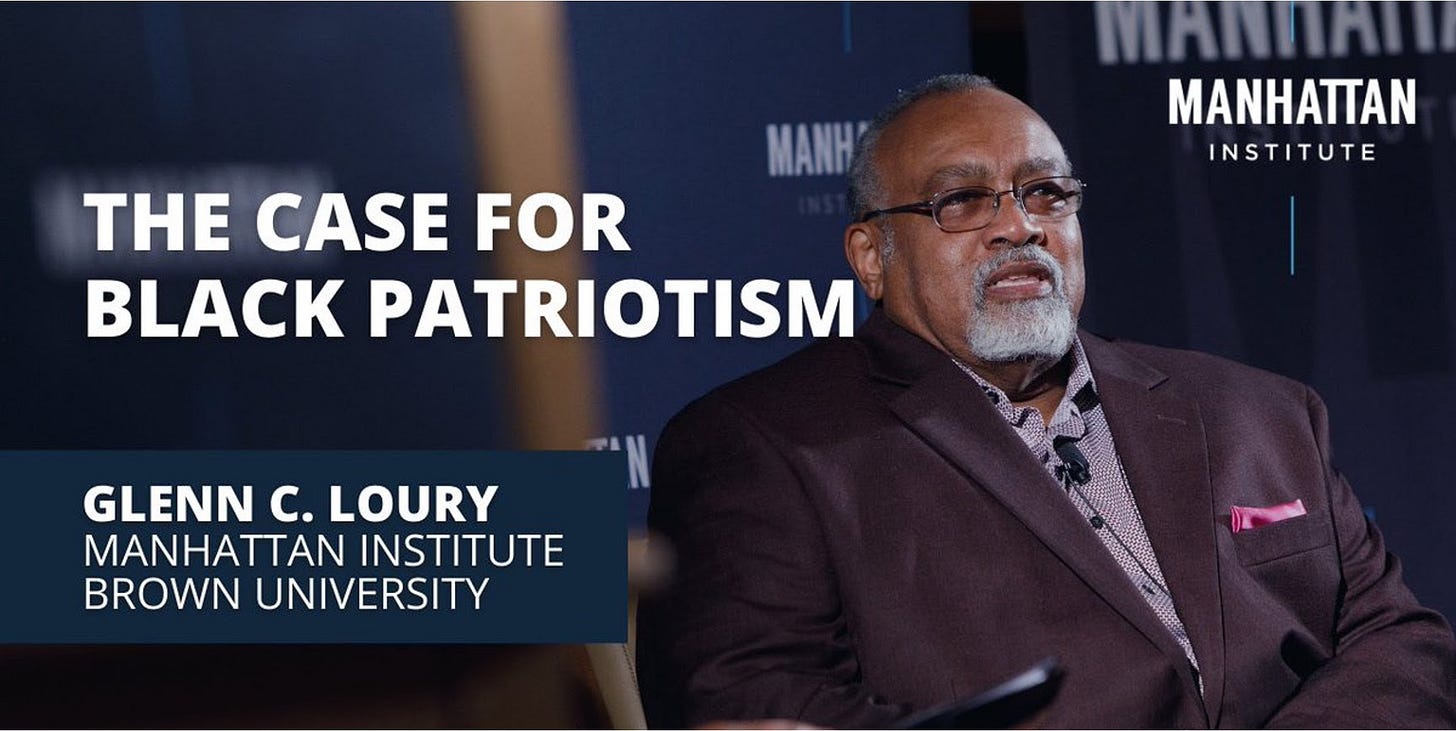For Quillette, editor Jonathan Kay wrote about a meeting in Canada where 53 top Canadian university administrators came together to discuss their new policy goals and guiding principles for higher education.
Given the intense financial strain the pandemic has inflicted upon the Canadian university system, one might assume that such a meeting would focus on finances and building new educational models designed to ensure high enrollment. Yet the 89-page meeting agenda that was given to Kay revealed a near-exclusive focus on radical ideologies couched in the language of “social justice” and “race consciousness.”
The report’s main theme is that university leaders must decisively reject the idea of “colour-blindness” (which the author asserts should properly be termed “colour evasion”) in favour of becoming “race-conscious individuals” who “explicitly reflect on their ethno-racial identity and group membership.”
Kay further described how diversity, equity, and inclusion (DEI) initiatives have “embedd[ed] their precepts into the ostensibly neutral administrative machinery of the institutions they serve,” which he believes has created a kind of ideological positive feedback loop that makes future reversal nearly impossible.
Read the full article here.
In the Journal of Free Black Thought Substack, writer and podcaster Ada Akpala writes about her experience growing up in Nigeria and the ways Western media tends to inaccurately portray African countries as underdeveloped and dangerous.
Akpala also describes how, in Nigeria, skin color is not viewed as a significant part of one’s identity due to the high levels of racial homogeneity. Since nearly 99.9 percent of Nigerian citizens are black, politics tends to focus on practical issues like government, corruption, and violence. But when Akpala moved to Britain in the year 2000, she was taken aback by how much race seemed to matter.
In Nigeria…immutable characteristics were immaterial. I remember that more emphasis was placed on a person’s character, integrity, values, actions, work ethic, traditional values, and so on. Being black in Nigeria meant nothing at all. However, being black in the UK meant something, and in some situations, it meant everything.
Akpala explained that the most difficult thing to navigate in the UK for her wasn’t racism per se, but rather “trying to constantly stay within the obscure confines of what it meant to be black” in a society that expected her to put race at the forefront of her identity.
Read the full article here.
For Politico, author Mark Brolin asks “have modern politics become too tribal?” To assist in navigating this complex question, Brolin enlisted the help of social psychologist Jonathan Haidt, who looks at political tribalism through an evolutionary lens.
According to Haidt, our tribal instincts are a product of psychological evolution and, because of this, we should not expect to find easy solutions to the problem of political tribalism. However, Haidt says there may be practical ways to “design a system that pays heed to our inherent shortcomings” in order to help mitigate our tribal instincts.
For instance, he believes moving away from a two-party system may help incentivize alliances and compromise, since people will no longer feel as though they are competing in an all-or-nothing game with a sworn enemy. Other ways to mitigate our tribal instincts could be to require “open primaries for all elections so people don’t have to be a member of a certain party to vote,” or to have a “social media overhaul” that allows users to filter their content based on both “nuance” and “aggression” in order to “greatly dampen the power of the extremes.”
Read the full interview here.
For Reason, Steven Greenhut outlines “two basic views of society and the role that politics should play in it.” One view is what he calls the “traditional libertarian” view, which sees the public square as neutral, and the role of government as that of a restrained referee that “allows people to live out their lives largely as they choose.” The other view is a type of populist authoritarianism that rejects neutrality and views the government as a tool to actively “advance the public good.”
Greenhut believes that politics is “making everyone mad” because the limits of governmental power have been eroded and both sides of the political aisle are now embracing more authoritarian tendencies. Because of this, elections are increasingly being viewed as “do-or-die” situations.
That has turned politics into an endless grudge match, given the stakes always seem so high. The rhetorical fervor has convinced many Americans that they must always be active in politics, lest their way of life and religious faith get cast onto the dustbin.
If we want to turn down the political temperature, Greenhut believes we need to “recommit to [America’s] original principles” of traditional libertarianism.
Read the full article here.
For The Spectator, former Sussex University philosophy professor Kathleen Stock described the campaign of harassment and intimidation she endured for her views on sex and gender that led to her recent resignation, and questions how this seemingly bizarre moment in time will be viewed in the future.
While many have criticized Stock for speaking with and writing for outlets that are associated with the political Right, she remains unperturbed by these attempts at guilt-by-association. In response, Stock claims that “an ideology with ambitions to erase fundamental categories like ‘woman’ and ‘man’ will annoy nearly everyone, right-wingers included.”
Furthermore, Stock believes that writing for predominantly Right-leaning publications in recent years has given her the valuable opportunity to share her feminist viewpoints with an audience that may not have had much prior exposure to them—“and that’s fine by me,” says Stock.
Read the full article here.
For the Manhattan Institute, FAIR Advisor Glenn Loury, along with Jason Riley and John Wood Jr., make “the case for black patriotism” in response to the increasingly common narrative that portrays America as a fundamentally racist and evil country.
While it is important to honestly address our nation’s past atrocities, shouldn’t America also be commended “for what it has become—however falteringly—over the course of the last three centuries: the greatest force for human liberty on the planet?”
In this discussion, Professor Loury and The Wall Street Journal's Jason Riley lay out the case for “unabashed black patriotism,” while John Wood Jr. addresses their arguments' strengths and weaknesses. While the speakers do not agree on every point, they each firmly believe that the narrative eventually adopted by most black Americans will be extremely consequential for America’s future.
View the entire discussion here.
For UnHerd, FAIR Advisor Ayaan Hirsi Ali wrote about her concerns with our educational institutions. Hirsi Ali, an outspoken critic of fundamentalist Islam, recalled the harassment she received from the Council of Islamic Relations when Brandeis University, whose motto is “Truth, even unto its innermost parts,” offered her an honorary degree. In response to public pressure, Brandeis rescinded their offer.
While Hirsi Ali learned to expect this kind of extreme censorious attitude from Islamic organizations that viewed her as an apostate and heretic, she now believes it was “wrong to dismiss this censorious attitude as an Islamist impulse” in light of the cancel culture mobs she now frequently endures from within our ostensibly secular universities.
We have reached a point where grace and forgiveness are near extinct on American campuses; where reputations built over decades can be destroyed in a week. Some people still describe the phenomenon as “political correctness.” But this is much more like a religious movement. It’s hardly surprising that the Islamists’ opportunity to piggyback on existing illiberal and intolerant forces is now even greater.
Hirsi Ali believes that many of our universities have abandoned their primary goal of protecting free speech and the unfettered pursuit of truth, and hopes that she can help restore these values as a Founding Faculty Fellow at the new University of Austin.
Read the whole article here.
For the Fordham Institute, FAIR Advisor Robert Pondiscio wrote about the media coverage over so-called “critical race theory,” (i.e. CRT) and laments its lack of “sobriety and subtlety” when “explaining complicated issues to interested non-experts” is supposed to be their job.
Pondiscio’s colleague, Rich Hess, wrote a report investigating how media has been covering CRT by examining all articles mentioning CRT published in major news outlets such as The New York Times, The Washington Post, The Wall Street Journal, and other press outlets. According to Pondiscio:
He found that coverage about critical race theory has tended to focus on what is not controversial (notably whether or not schools should teach about racism and slavery), while eliding almost entirely its most inflammatory facets—specifically, CRT’s rejection of ideas and principles that are foundational to Western thought and values.
Additionally, Hess found that “CRT’s skepticism of rational thought, liberalism, universal values, and objective knowledge was mentioned in less than 5 percent of CRT news articles.” Pondiscio points out that these omissions are extremely concerning, because “failure to note any intellectual objection leaves readers free to assume that objections to CRT are rooted in racism, not rationality or a defense of Enlightenment views and values.”
Read the full article here.
Join the FAIR Community
Become a FAIR volunteer or to join a FAIR chapter.
Join a Welcome to FAIR Zoom information session to learn more about our mission, or watch a previously recorded session in the Members section of www.fairforall.org.
Take the Pro-Human Pledge and help promote a common culture based on fairness, understanding, and humanity.
Join the FAIR community to connect and share information with other members.
Share your reviews and incident reports on our FAIR Transparency website.











